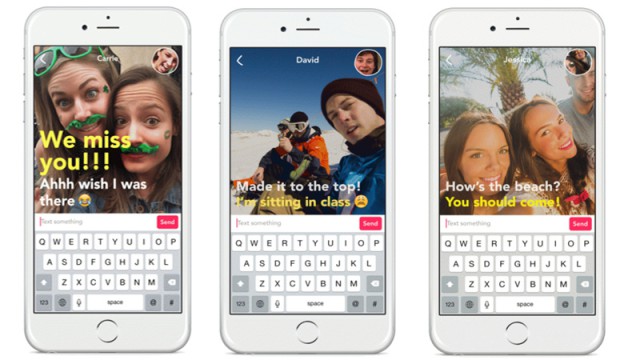
Yahoo! launches! LiveText! video! messaging! app!
Yahoo is making a first step in the messaging world, with the launch of LiveText for iOS and Android. The app will be available in North America and Europe, following a brief test in Hong Kong and Taiwan last month.
The messaging app is similar to Snapchat, with an image or video and superimposed text. When video streaming is unavailable, LiveText will offer a text only option. Interestingly, the video will be silent, meaning no audio playback between the two recipients.

Dmail brings self-destructing emails to Gmail
Following the release of the Undo Send option last month, Gmail users can now also delete sent emails.
Through a new Chrome extension called Dmail, users will be able to use a self-destruct option, which deletes sent mails after a stipulated period of time.

VeriFyle reveals Cellucrypt, a new multi-layer encryption key management technology
VeriFyle, the company headed by Hotmail inventor and co-founder Jack Smith, has a new encryption key management technology which it believes will "re-invent how the world thinks about secure sharing and messaging". The major difference is that any object that is shared to the cloud using the system is encrypted for individual users rather than in bulk.
Cellucrypt offers such a high level of security that VeriFyle believes that it "makes illicit bulk-access to customer data virtually impossible." It's a bold claim, but Cellucrypt builds on the traditional public-key system with the addition of password-derived keys.

Microsoft's new Send app makes emailing as easy as texting
Despite being able to communicate with friends, family, and co-workers in myriad different ways, email remains incredibly popular. However, if you just want to send a quick message, ask a question, or fire off a reply, it’s often not as speedy or convenient as text messaging.
Send, from Microsoft Garage, is a new app that makes sending quick emails as easy as texting, without the need for a subject line, greeting, or signature.

Financial services companies turn to mobile messaging
With financial services companies more at risk from the consequences of a data breach than other businesses, they're on the look out for the safest, most secure communication channels to interact with customers and employees.
New research from IDC and mobile engagement specialist OpenMarket reveals that mobile messaging is the top tool many are utilizing to accomplish this task with 80 percent of global financial services organizations using Global SMS/mobile messaging to communicate and share sensitive info.
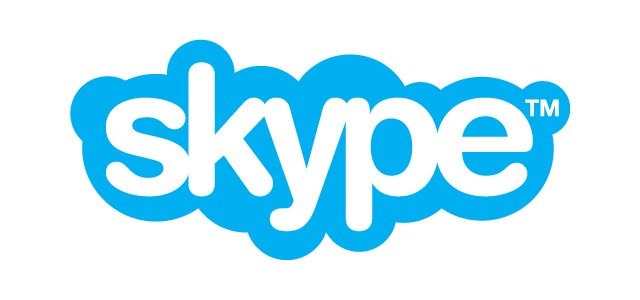
Frustration mounts as Microsoft fails to fix Skype's spoof message problem
Over on the Skype community pages there are lots of disgruntled Skype users. For a number of weeks now, many users have been plagued with spoof messages from people on their contact list, telling them to visit a Russian website. Others complain that their contacts say their own account has sent out a similar message. Despite the problem having been reported nearly a month ago, Microsoft has still to address the issue.
For now, all the company has to say is "change your password", insisting that a team is working on the issue. The spoofed message includes a shortened URL, so those clicking it have no idea where it leads until it is too late. Rather than offering a full solution, all Microsoft has to suggest is to change Skype passwords -- it seems the company is too busy focusing on Windows 10 at the moment.

Logitech Collaboration Program makes it easier for remote colleagues to work together
Today Logitech launches the Logitech Collaboration Program (LCP) with the aim of simplifying collaboration for its customers. With partners including BroadSoft, Lifesize Communications, Vidyo, and Zoom, LCP helps to bring about what Logitech calls the 'anywhere workplace'.
The program features a combination of hardware and software solutions to facilitate remote collaborative work. It allows for the creation of virtual meeting rooms, mobile communication, and videoconferencing as part of a complete collaborative ecosystem.
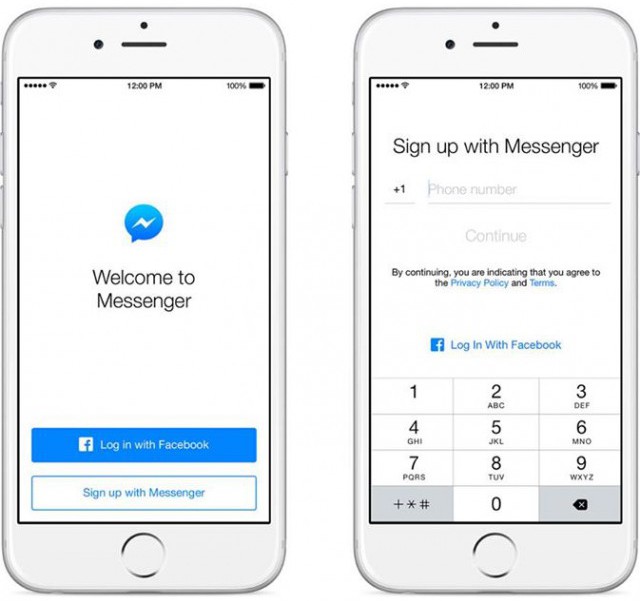
Everyone can now sign up for Messenger without a Facebook account
Facebook wants to make Messenger appeal to as many people as possible, so, last month, it announced that it will no longer require new users to have a Facebook account in order to use its increasingly popular messaging service. The feature was initially said to be offered in just a handful of markets, US, Canada, Peru and Venezuela.
Now, the feature is made globally available according to Facebook's David Marcus. Just like in the first markets, all that new users need to sign up for Messenger is their phone number.
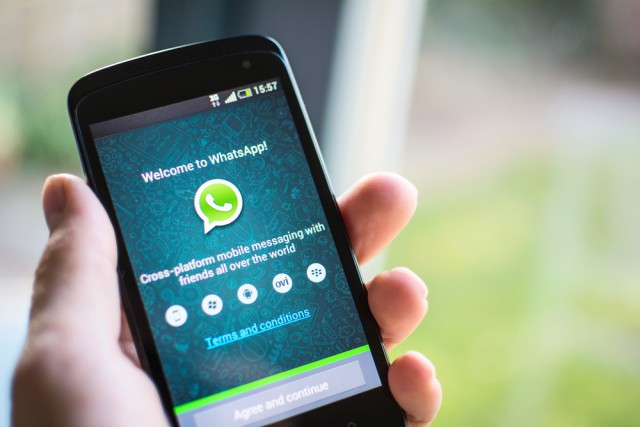
Banning encrypted messaging apps is a stupid idea
In light of the recent news that the UK government is pushing harder for a legislation which would allow it to monitor all digital communications, and ban those apps that use encryption, a huge debate has sparked on whether the government should be allowed to do this or not.
Professor of Law at the London School of Economics, Andrew Murray, has had his say on the matter in a Huffington Post article, arguing that banning communications apps to curb the work of terrorist groups would be similar to banning cars in order to stop terrorists from using them.

Prevent people printing, copying, and downloading your shared Google Drive files
The likes of Google Drive make it easy to collaborate on projects, harnessing the power of the cloud to provide people with access to files. While it's handy to be able to work on files with other people, there are times when you want to ensure that the documents you share are not misused.
With this in mind, Google has now added new permission options to shared files. With the added ability to prevent the copying, downloading, and printing of files, it's now safer to share confidential documents. As Google says, it's "perfect for when the file you're sharing contains sensitive information that you don't want shared broadly or leaked".
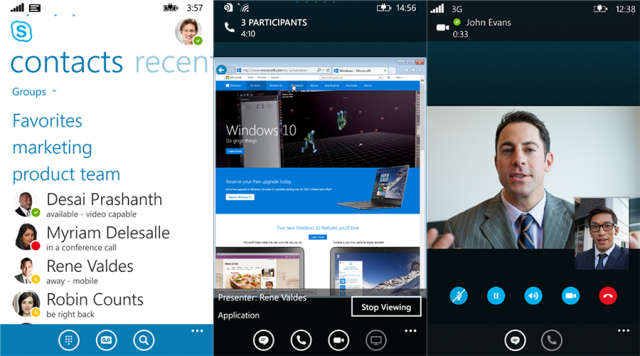
Skype for Business debuts on Windows Phone
Skype for Business is Microsoft's new enterprise communication tool, serving as a replacement for Lync in the software giant's business-oriented lineup. It was officially released in April, with new features and improvements coming from its predecessor, but is only now available on Windows Phone.
Windows Phone is actually the first major mobile platform which offers a Skype for Business app, with Android and iOS still having the old Lync 2013 client in their respective app stores. The transition from Lync 2013 to Skype for Business, on Windows Phone, is accompanied by new features.

Snapchat grows up -- gets massive update
When Snapchat was first released, it served as nothing more than a way to send self-destructing pictures of your genitals to people -- even if that was not the intention. The theory was, you could share a nude picture and the recipient could not save a copy and it would expire. Of course, this proved to be false, as the recipient could easily do a screen grab.
Either way, it became wildly popular with millennials, and ultimately older folks too. It has grown into a much more G-rated service, which companies and brands are even utilizing. Today, the popular app gets a massive update -- you no longer have to hold your finger on the screen to view pictures and videos. Hallelujah!
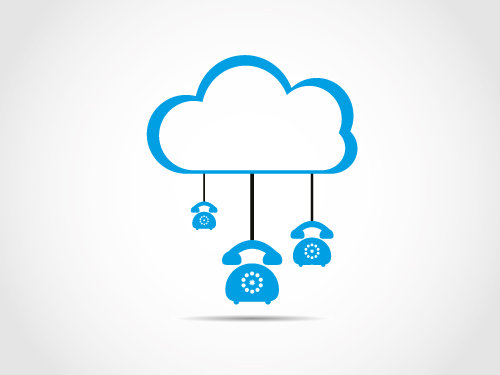
VoIP done right: 11 best practices for moving to cloud-hosted PBX
Too often, cloud hosted VoIP gets a bad rap on the internet. People bashing provider A because call quality stunk. Or giving provider B a tough time because staff constantly had "fishbowl effect" issues with the service. I've read many of the reviews out there, and I'm here to set the record straight about cloud VoIP: the majority of these negative reviews are pointing fingers the wrong direction.
Much of what people see online about cloud hosted VoIP negativity is FUD -- partially being peddled by customers with poor networks, and partially by some nefarious traditional premise-based VoIP telco providers trying to stem the wave of customers moving to the technology.
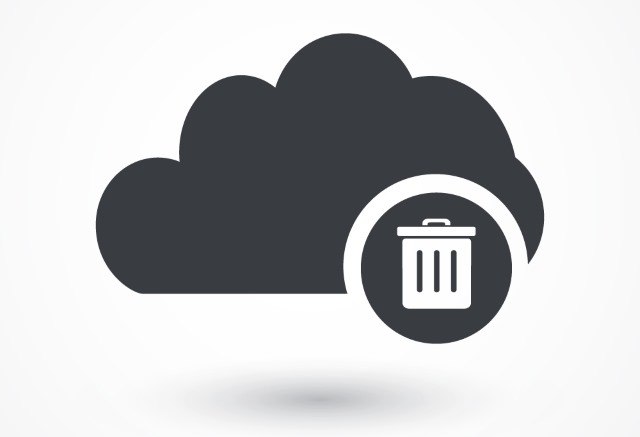
Cloud platform Fasetto shows Google how Undo Send should be done
A couple of days ago, Google took Gmail's Undo Send feature out of its six year beta period, and brought the option to a wider audience. Although the feature has been widely welcomed, there has also been criticism, particularly about the measly 30 second time limit users are given to change their mind and recall an email. Today Fasetto launched Messaging 2.0 which includes the ability to recall or edit messages or files that have been sent, with no time limits.
Fasetto is a cloud storage platform that offers security features that will appeal to the enterprise, as well as home users. Available for Windows, Android, iOS, OS X, and even Windows Phone, the platform has a focus on security that extends to being completely free of tracking and log files, but it also has a thing or two to teach Google.
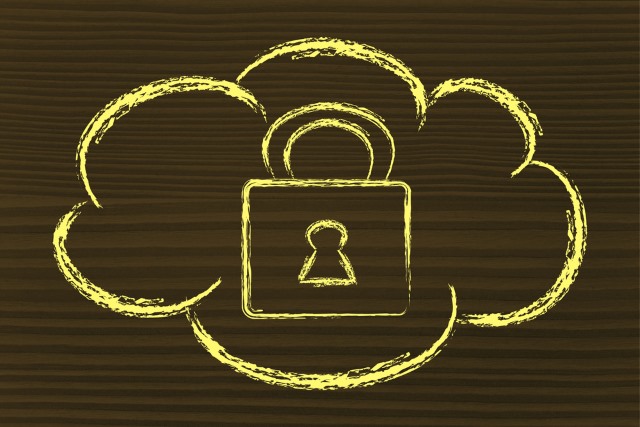
How to encrypt your emails
If there’s one thing that Edward Snowden left us with, it’s the notion that our digital data isn’t all that safe and that the government knows what we did last summer. But in essence, that only applies to that data being created and used using standard tools -- emails, browsers, etc.
However, if you really want to keep your data private, including browsing history and email, there are ways to do it. They’re simple to use, accessible and close to impossible to crack.
